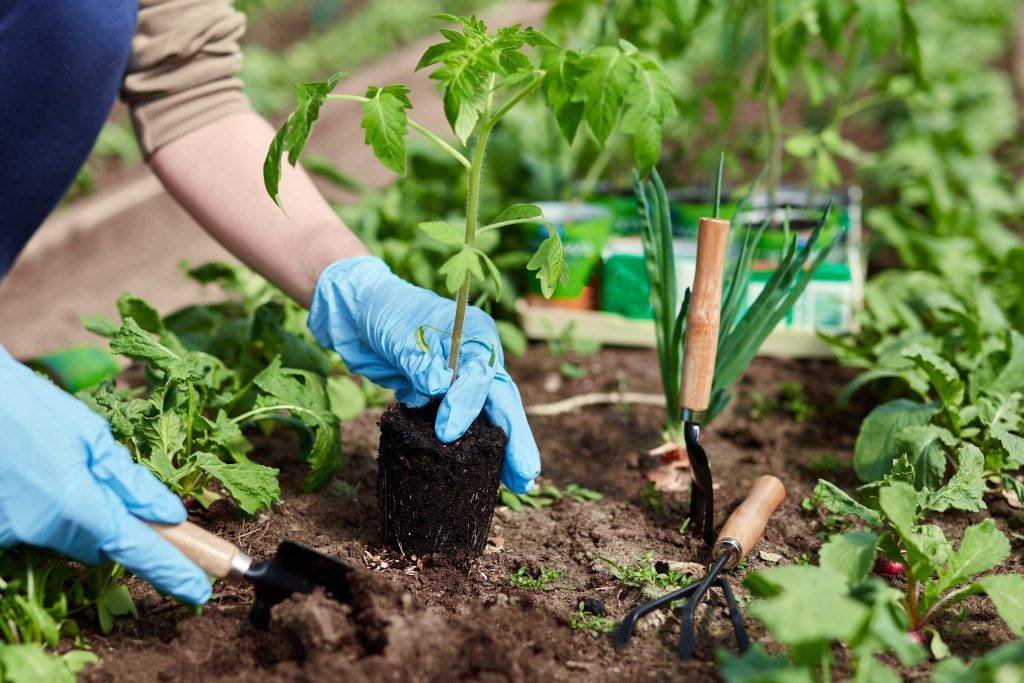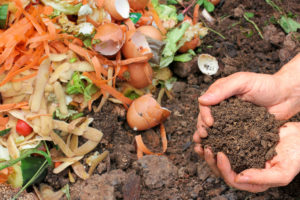Gardening enthusiasts know that a thriving garden is not just about the plants; it’s about creating a balanced ecosystem where nature works in harmony. In this article, we’ll delve into the world of organic pest control and explore how to become the true guardians of our gardens.
Introduction
In the grand symphony of nature, our gardens play a crucial role. They are not just a collection of plants; they are ecosystems teeming with life. However, the delicate balance can be disrupted by pests, and that’s where the concept of organic pest control comes into play.
Understanding Organic Pest Control
Organic pest control isn’t just a trend; it’s a commitment to working with nature rather than against it. It involves embracing practices that are sustainable, environmentally friendly, and, most importantly, effective. Unlike traditional methods that often come with harmful side effects, organic pest control is about coexisting with the natural world.
Beneficial Insects as Guardians
One of the pillars of organic pest control is the use of beneficial insects as allies in the garden. Ladybugs, lacewings, and predatory beetles are the unsung heroes, preying on harmful pests and keeping our plants safe. Learn how to attract and nurture these tiny guardians, turning your garden into a haven for natural pest control.
Companion Planting: Nature’s Harmony
Companion planting is a fascinating strategy that mimics nature’s relationships between different plant species. By strategically placing plants that complement each other, you can create an environment where pests are unwelcome. Discover the art of companion planting and how it can enhance the health and resilience of your garden.
Organic Sprays: DIY Recipes
For those moments when pests seem to be gaining the upper hand, having a few organic sprays in your gardening toolkit can be a game-changer. We’ll explore easy-to-make DIY recipes using common household ingredients, ensuring that your pest control methods are as natural as the garden they protect.
Natural Predators: Birds and Beyond
Birds are not just visitors to your garden; they can be valuable allies in pest control. Learn how to attract pest-eating birds and create an environment that encourages a diverse range of natural predators. From owls to frogs, discover the cast of characters that can contribute to a pest-free garden.
Soil Health: A Foundation for Pest Resistance
The health of your soil sets the stage for a robust and resistant garden. We’ll explore the vital role of soil in pest prevention, including the use of organic amendments and practices that promote a thriving soil ecosystem. Healthy soil is not just the foundation of your garden; it’s the key to a pest-resistant paradise.
Crop Rotation: Outsmarting Pests
Pests are clever, but so are gardeners who practice crop rotation. By strategically changing the placement of crops each season, you can disrupt the life cycles of pests and reduce the risk of infestations. We’ll guide you through the ins and outs of crop rotation, helping you outsmart garden pests at their own game.
Weeding Strategies: Taming the Jungle
Weeds are not just unsightly; they can also serve as havens for pests. Uncover effective weeding strategies that go beyond aesthetics, helping you create a tidy and pest-resistant garden. We’ll explore how a well-maintained garden is not only visually appealing but also less inviting to unwanted visitors.
Natural Barriers: Creating Safe Zones
Nature provides us with an array of plants that act as natural barriers, deterring pests from entering your garden. Discover the art of using plants strategically to create safe zones for your crops. From aromatic herbs to sturdy shrubs, these natural barriers not only protect but also add diversity and beauty to your garden.
Maintaining Balance: The Yin and Yang of Gardening
Achieving balance in your garden is an ongoing process. We’ll discuss the delicate equilibrium that exists in an organic garden and how to avoid over-reliance on a single pest control method. By embracing diversity and maintaining harmony, you can create a resilient ecosystem that can withstand the occasional pest challenge.
Educational Outreach: Spreading the Knowledge
Becoming a guardian of the garden goes beyond your own plot of land. We’ll explore the importance of sharing knowledge and fostering a community of gardeners committed to organic pest control. From local initiatives to online platforms, discover how you can contribute to the collective effort of creating sustainable and pest-resistant gardens.
Challenges and Solutions: Navigating Pest Issues
Even the most experienced gardeners face challenges in pest control. We’ll address common issues and provide practical solutions for navigating setbacks. Learn from the experiences of others and gain insights into troubleshooting pest problems effectively. Every challenge is an opportunity to refine your approach and enhance your skills as a guardian of the garden.
Success Stories: Gardens Thriving Naturally
Real-life success stories inspire and motivate. We’ll showcase gardens that have embraced organic pest control strategies, sharing testimonials from gardeners who have witnessed the transformation. These stories serve as beacons of hope, illustrating that with dedication and the right approach, any garden can thrive naturally.
Conclusion
As we conclude our journey into the realm of organic pest control, remember that you are not just a gardener; you are a guardian of the garden. By understanding the intricate dance of nature and implementing these strategies, you contribute to a healthier, more sustainable world. Embrace the role of a steward of the land, and let your garden flourish under your watchful care.
FAQs (Frequently Asked Questions)
- Can organic pest control methods be as effective as chemical pesticides?
- Absolutely! While it may require a bit more effort, organic pest control methods can be highly effective without the environmental drawbacks of chemical pesticides.
- How do I attract beneficial insects to my garden?
- Planting a variety of flowers, herbs, and maintaining a diverse garden environment can attract beneficial insects. Avoiding the use of harmful pesticides also helps.
- Are there specific plants that act as natural barriers against pests?
- Yes, many plants, such as marigolds, basil, and lavender, can act as natural barriers, deterring pests with their scents or physical properties.
- Is companion planting suitable for all types of crops?
- While companion planting is versatile, it’s essential to research specific plant combinations that work well with each crop. Some plants benefit each other, while others may hinder growth.
- What should I do if my garden faces a sudden pest infestation despite preventive measures?
- Identifying the pest and adjusting your organic pest control methods accordingly is crucial. Introducing natural predators, adjusting planting strategies, and maintaining soil health can help overcome unexpected challenges.



